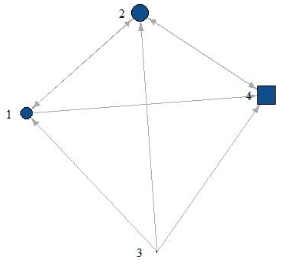In today’s fast-paced world, teams are of paramount importance for organizational success. Yet, a substantial majority of them fail to unleash their full potential. How could you know if your team is performing at the highest level? TalentMiles has now started working on a new project that will make it possible to get answers to this question.
Project Team Quest aims to develop a completely new tool that will enable teams to diagnose three variables that have significant academic evidence as determinants of their performance: Team Learning Behavior, Team Psychological Safety, and Shared Leadership.
What are these three variables?
Team Learning Behavior refers to the change in the team’s collective level of knowledge and skill produced by the shared experience of team members. Teams demonstrating a high level of this variable improve existing or develop new techniques, approaches, products, and knowledge of a high quality in short time.
Team Psychological Safety is a shared belief held by team members that the team is safe for interpersonal risk taking. Teams presenting a high level of this variable feel comfortable sharing their concerns and mistakes without fear of embarrassment or retribution.
Shared Leadership is a team phenomenon whereby leadership roles and influence are distributed among team members. Teams exhibiting a high level of this variable bring more resources to the task, share more information, and experience higher commitment with the team.
What’s the idea behind Project Team Quest?
Project Team Quest will use an innovative method combining a survey and a Social Network Analysis. By doing so, it will provide teams with tangible results by transforming individual answers into team-level scores, ranging from 1 (very low) to 5 (very high), and a sociogram showing the team leadership distribution. These results will allow team leaders to understand which factors the team needs to focus on to further improve their performance and at the same time visualize the extent to which team members exercise leadership in the team.

An example of a sociogram representing the leadership distribution of a team of 4 people.
Pablo Alvarez Baeza is a Learning & Development Specialist at TalentMiles. His areas of expertise include the factors that spur learning and leadership in teams. Introducing innovative academic research, he is currently working on developing Project Team Quest with the goal of assisting working teams in unleashing their full potential. You can learn more about Pablo on his LinkedIn. He will continue sharing his developments in future posts, stay updated!

